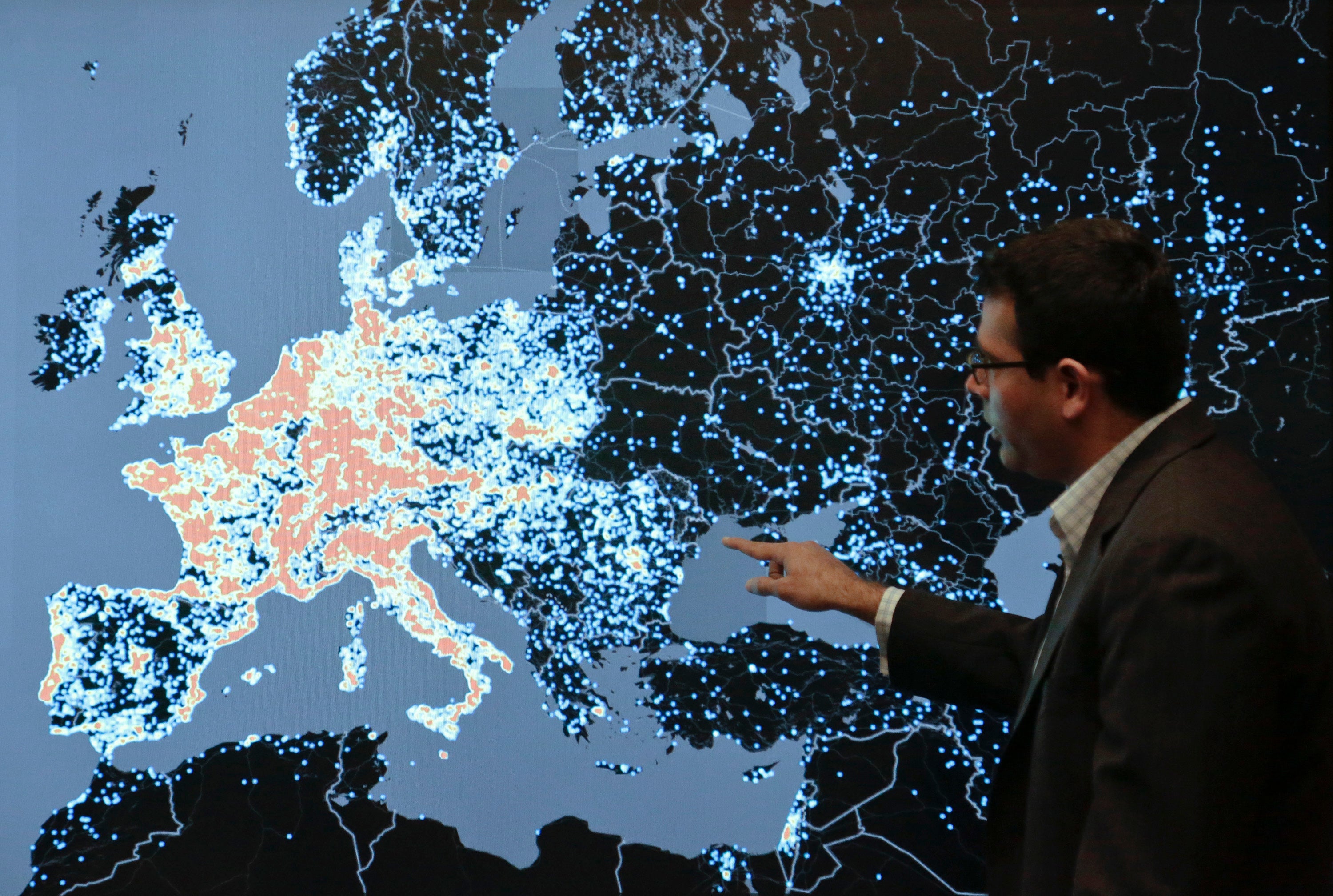‘World’s largest botnet’ knocked offline after raking in billions
FBI says millions of residential computers were secretly hijacked and used to carry out cyber attacks between 2014 and 2022

One of the world’s biggest botnet networks, responsible for stealing close to $6 billion (£4.7bn), has been shut down following an international effort from law enforcement agencies.
The US Justice Department, which led the operation, said the 911 S5 botnet comprised more than 19 million hijacked devices, which were being used to facilitate cyber attacks, large-scale fraud, bomb threats and even child exploitation.
Chinese national YunHe Wang, 35, was arrested on 24 May on suspicion of creating and operating the 911 S5 botnet from his home in St. Kitts and Nevis.
“This Justice Department-led operation brought together law enforcement partners from around the globe to disrupt 911 S5,” said US Attorney General Merrick Garland.
“This case makes clear that the long arm of the law stretches across borders and into the deepest shadows of the dark web, and the Justice Department will never stop fighting to hold cyber criminals to account.”
The FBI said the 911 S5 botnet infected computers in nearly 200 countries around the world, which were then controlled through 150 dedicated servers allegedly set up by Mr Wang.
An indictment unsealed on 24 May claimed that malware was used to infect and compromise millions of residential computers between 2014 and 2022, forming the botnet that was then able to carry out the cyber crimes.
Mr Wang allegedly sold access to the botnet to criminals, who then used it to bypass fraud detection systems in order to steal billions of dollars from financial institutions.
One target was reportedly a pandemic relief program in the US, which saw the botnet used to fraudulently make insurance claims from the hijacked IP addresses. More than half a million false claims resulted in losses of $5.9 billion for the programs, according to the FBI.
“Working with our international partners, the FBI conducted a joint, sequenced cyber operation to dismantle the 911 S5 Botnet – likely the world’s largest botnet ever,” said FBI Director Christopher Wray.
“We arrested its administrator, Yunhe Wang, seized infrastructure and assets, and levied sanctions against Wang and his co-conspirators... We will work tirelessly to unmask and arrest the cybercriminals who profit from this illegal activity.”
Mr Wang made around $99 million by selling access to the botnet, according to the indictment, which he used to purchase real estate in the US, St. Kitts and Nevis, China, Singapore, Thailand and the United Arab Emirates.
Other assets subject to forfeiture are two BMWs, a Ferrari, a Rolls Royce and several luxury wristwatches.
“The conduct alleged here reads like it’s ripped from a screenplay: A scheme to sell access to millions of malware-infected computers worldwide, enabling criminals over the world to steal billions of dollars, transmit bomb threats, and exchange child exploitation materials – then using the scheme’s nearly $100 million in profits to buy luxury cars, watches, and real estate,” said Matthew Axelrod of the US Department of Commerce’s Bureau of Industry and Security.
“What they don’t show in the movies though is the painstaking work it takes by domestic and international law enforcement, working closely with industry partners, to take down such a brazen scheme and make an arrest like this happen.”
Mr Wang faces a maximum penalty of 65 years in prison if convicted.
Join our commenting forum
Join thought-provoking conversations, follow other Independent readers and see their replies
Comments
Bookmark popover
Removed from bookmarks